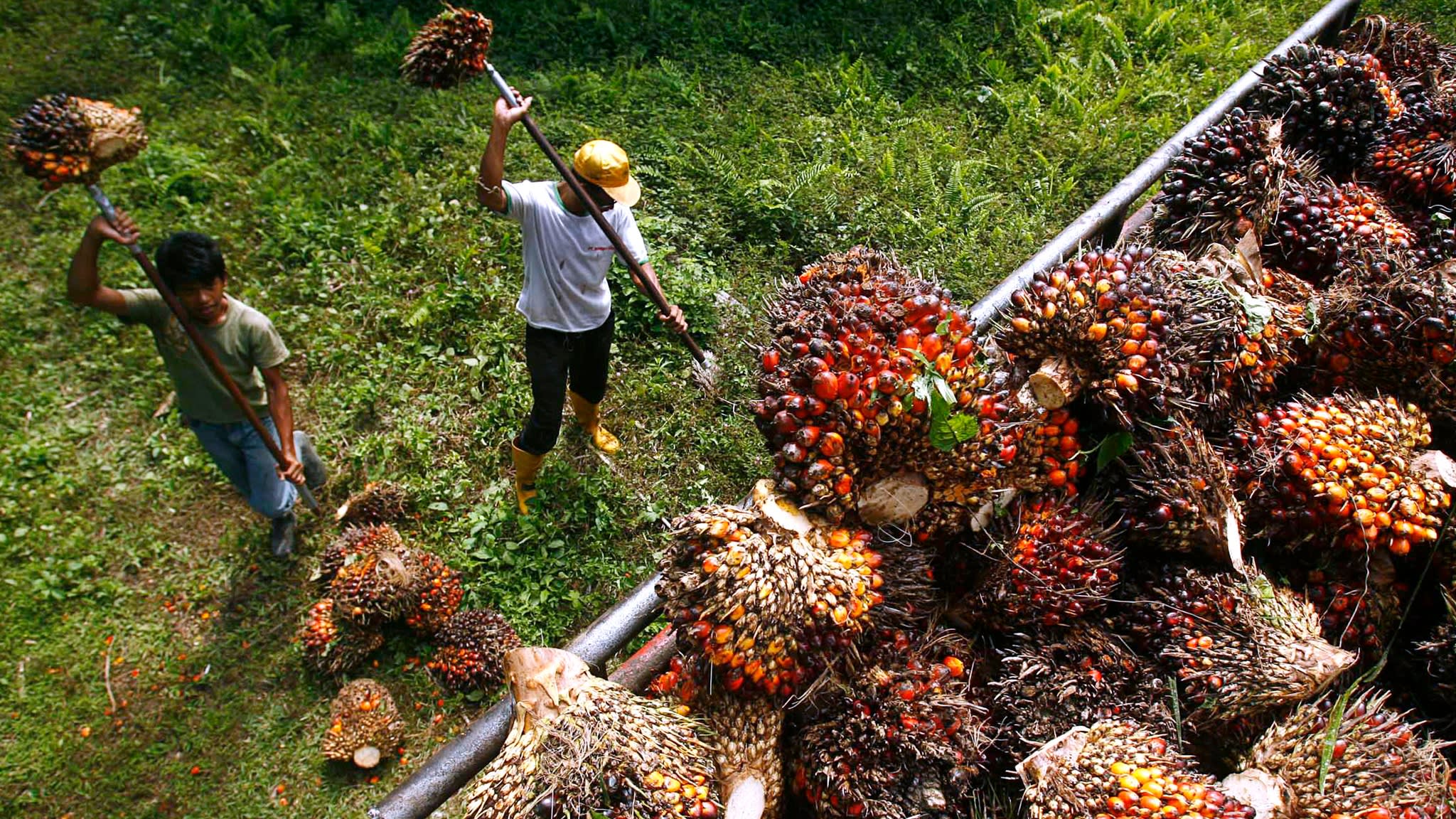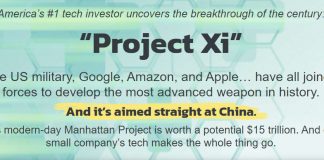The Malaysian Government is hunting to explore blockchain solutions in the country's three biggest industries: renewable energy, palm oil, and Islamic nature.
One of the task force with name Malaysian Industry-Government Group of High Technology (MIGHT) will be putting great efforts to adopt blockchain technology in each industry to enhance transparency, sustainability, and logistics efficiency based on the report released last week.
Renewable Energy
MIGHT is currently doing a discussion with energy companies in Malaysia to estimate the ways in which they could be using blockchain to enhance renewable energy adoption. By putting energy into blockchain technology, it would urge competition and promote faster adoption of renewable technology.
By blockchain adoption, buyers will get an option to buy green or renewable energy only either from energy companies or from private owners of solar panels with unlimited energy. This method is very much effective than sending energy from huge distances from non-local power stations.
Tenaga Nasional Berhad (TNB), Malaysia's only provider of utilities has examined blockchain solutions and the General Manager of Innovations said that the firm is conducting workshops to discover use cases and discuss adoption with business owners.
Also Read: KuCoin Exchange declares the Listing of Crypterium
Palm Oil
Palm Oil is currently a controversial product due to offensive reports of bad practices and child labor being used in the industry all around the globe. Blockchain adoption can help to find certified palm oil operations with proper practices and enable buyers to find the source of palm oil before making a purchase.
Malaysia is the biggest exporter of Palm oil with 43%. Country half of the revenue comes from Palm oil. Also, the Agriculture sector contributes around 8.1% of overall GDP.
As it is highly dependent on Agriculture sector, MIGHT is planning to generate certifications for the production of Palm oil.
This would enable more renewable supply chain, as sellers and consumers can identify the source of palm oil and look after the transactions. Also, Government authorities can use data to monitor the sources and regulate the industry for a more sustainable approach.
Islamic banking
One of the financial company is Malaysia contributes to 28% of the country's overall financial sector. The country's central bank expects to grow upto 40% in 2020.
According to the Syariah law, it is not allowed to collect interest and any debt produced must be back up by material goods such as gold. Western banks have to rely on unsubstantial assets like futures. This lead to hard processes which require multiple party contracts and comes with various legal and administrative costs.
Also Read: Dubai Govt integrates Blockchain Technology into DubaiPay
Blockchain can help to reduce costs while enabling banks to remain flexible with Islamic laws. For instance, banks can develop smart contracts which are automatically executed and implemented on the blockchain. This will prevent tampering and provide transparency.
Moreover, there are debates about whether cryptocurrencies are Syariah compliant. Crypto companies in Dubai and Malaysia are looking to peg sums of gold to crypto units as a solution.










